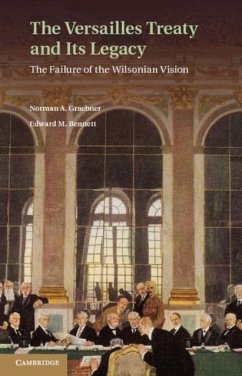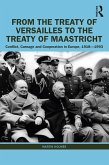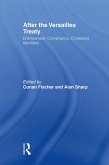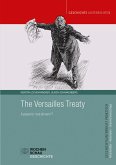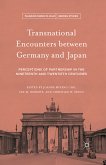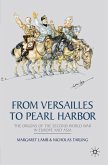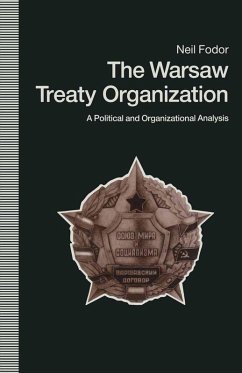This study, a realist interpretation of the long diplomatic record that produced the coming of World War II in 1939, is a critique of the Paris Peace Conference and reflects the judgment shared by many who left the Conference in 1919 in disgust amid predictions of future war. The critique is a rejection of the idea of collective security, which Woodrow Wilson and many others believed was a panacea, but which was also condemned as early as 1915. This book delivers a powerful lesson in treaty-making and rejects the supposition that treaties, once made, are unchangeable, whatever their faults.
Dieser Download kann aus rechtlichen Gründen nur mit Rechnungsadresse in A, B, BG, CY, CZ, D, DK, EW, E, FIN, F, GR, HR, H, IRL, I, LT, L, LR, M, NL, PL, P, R, S, SLO, SK ausgeliefert werden.

